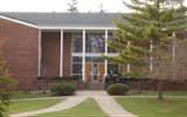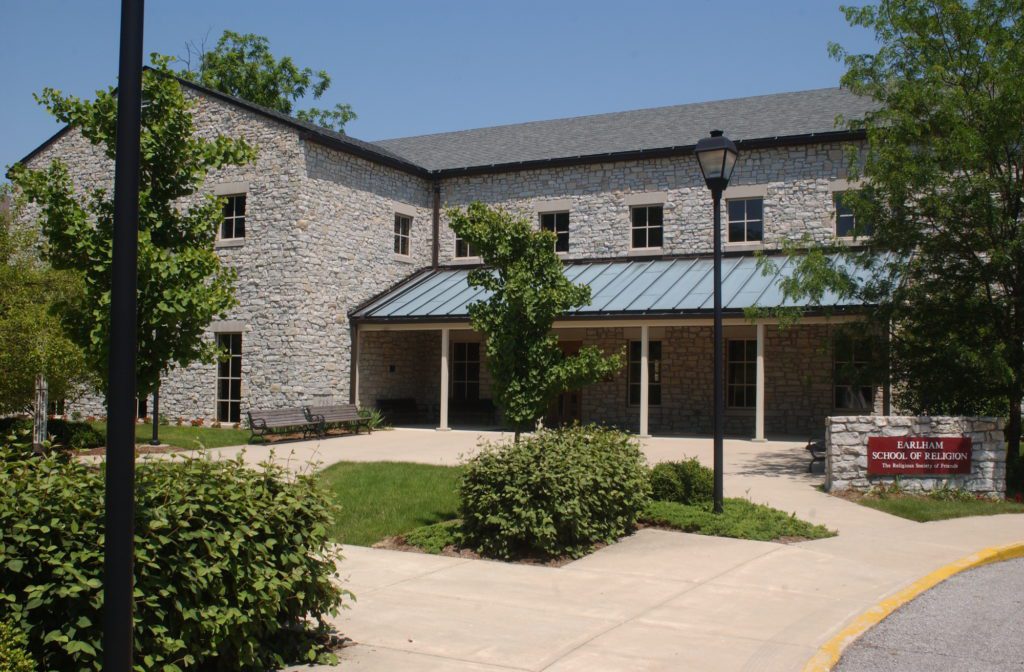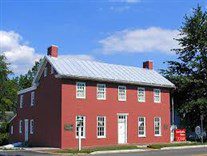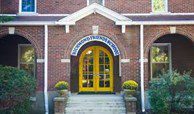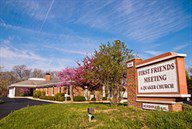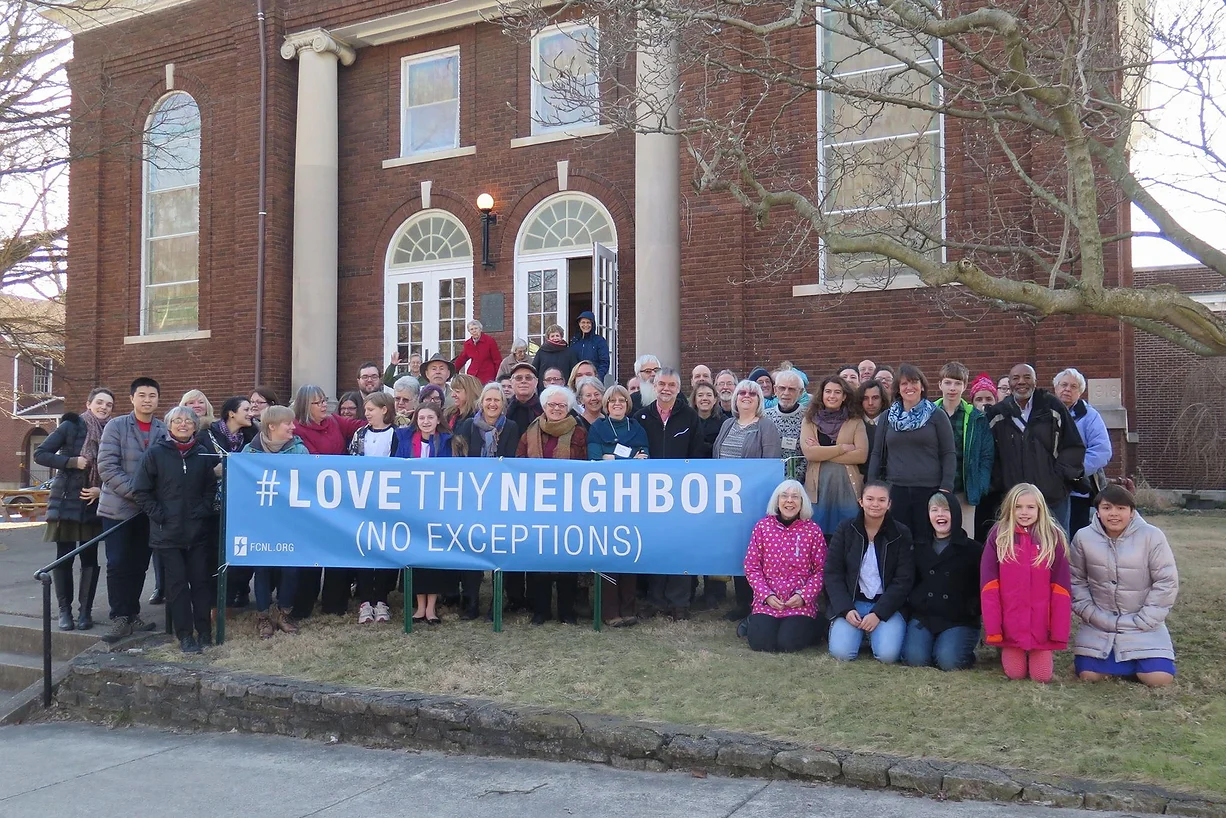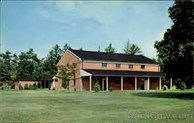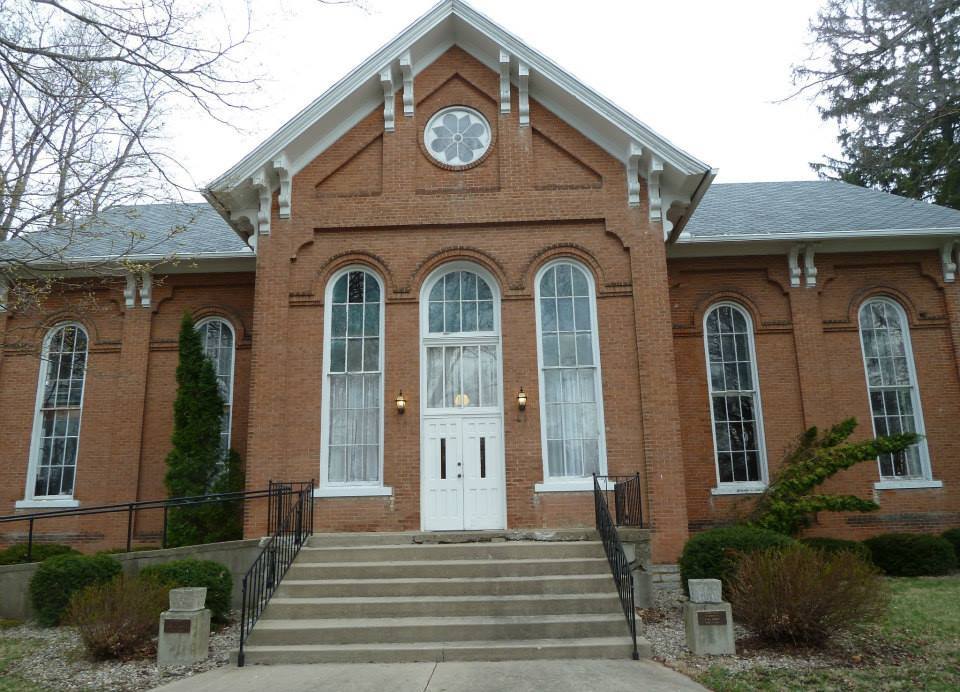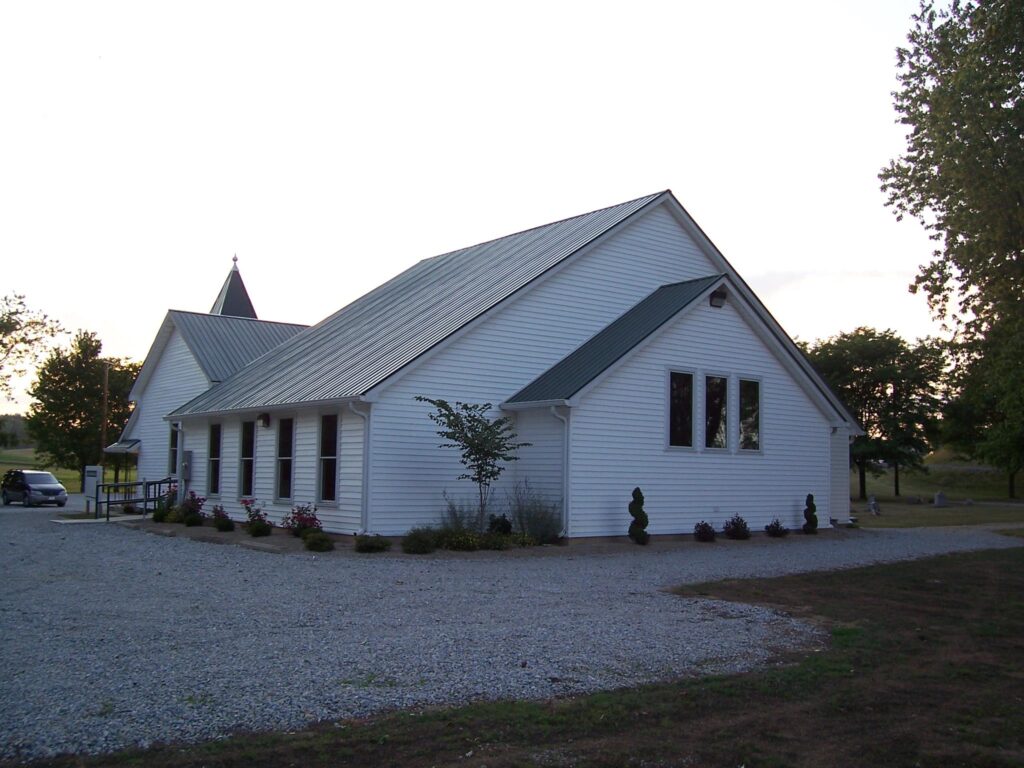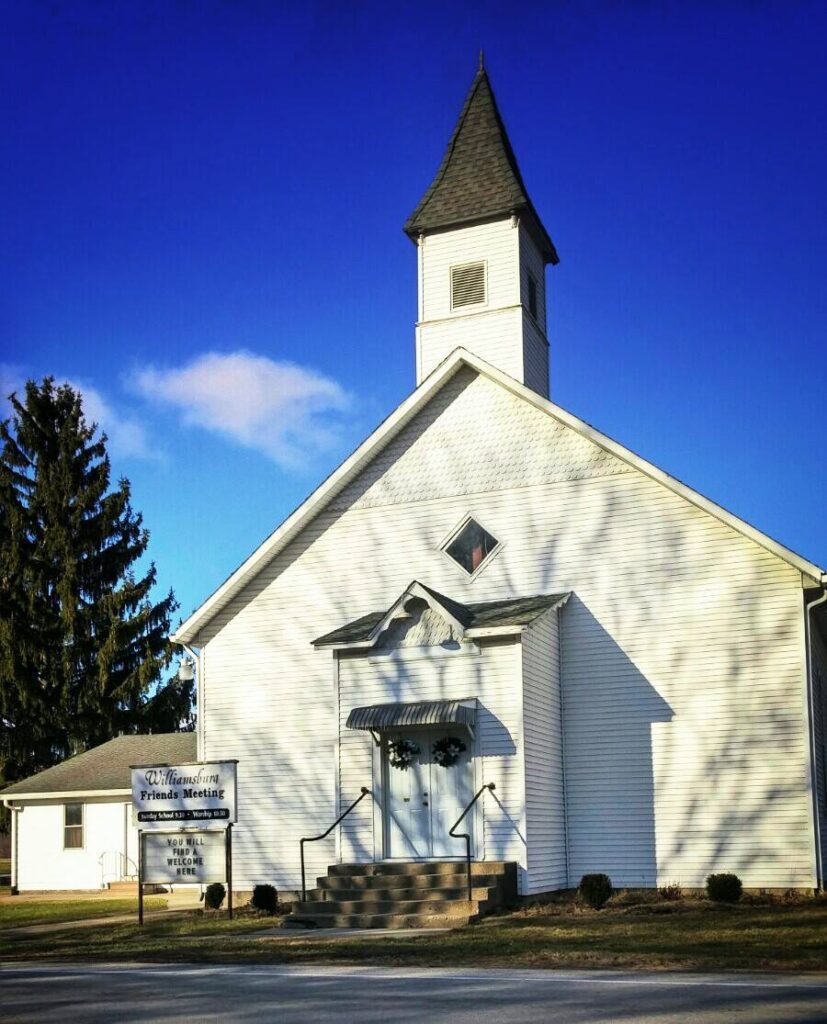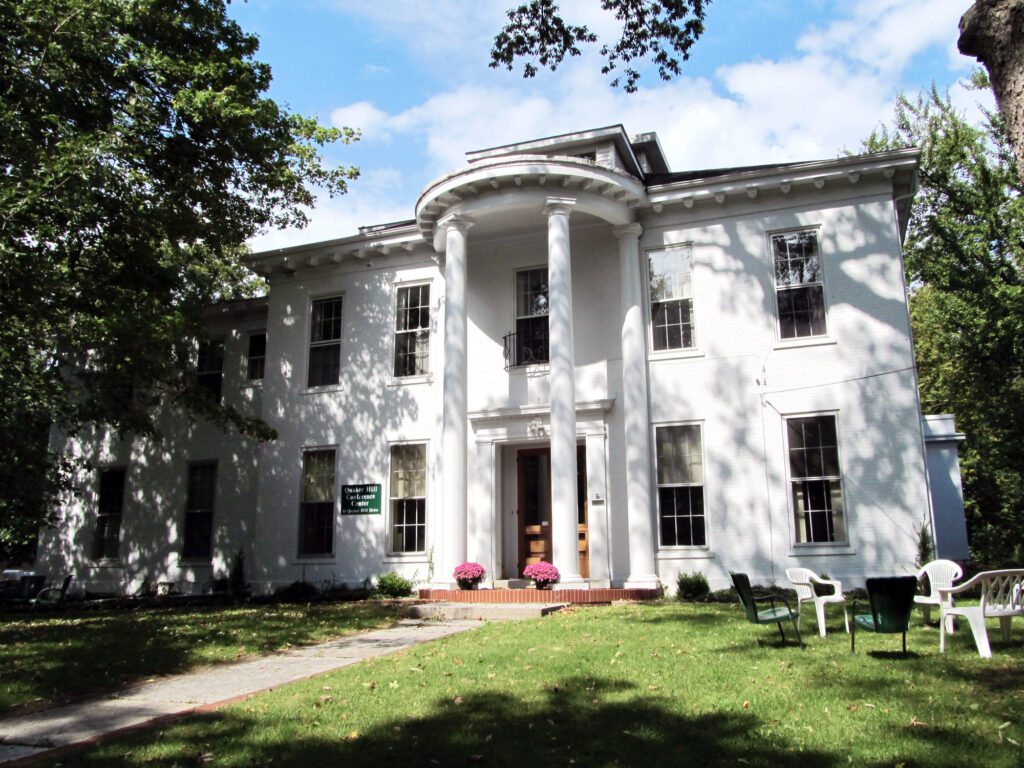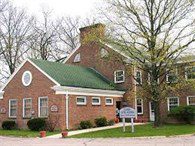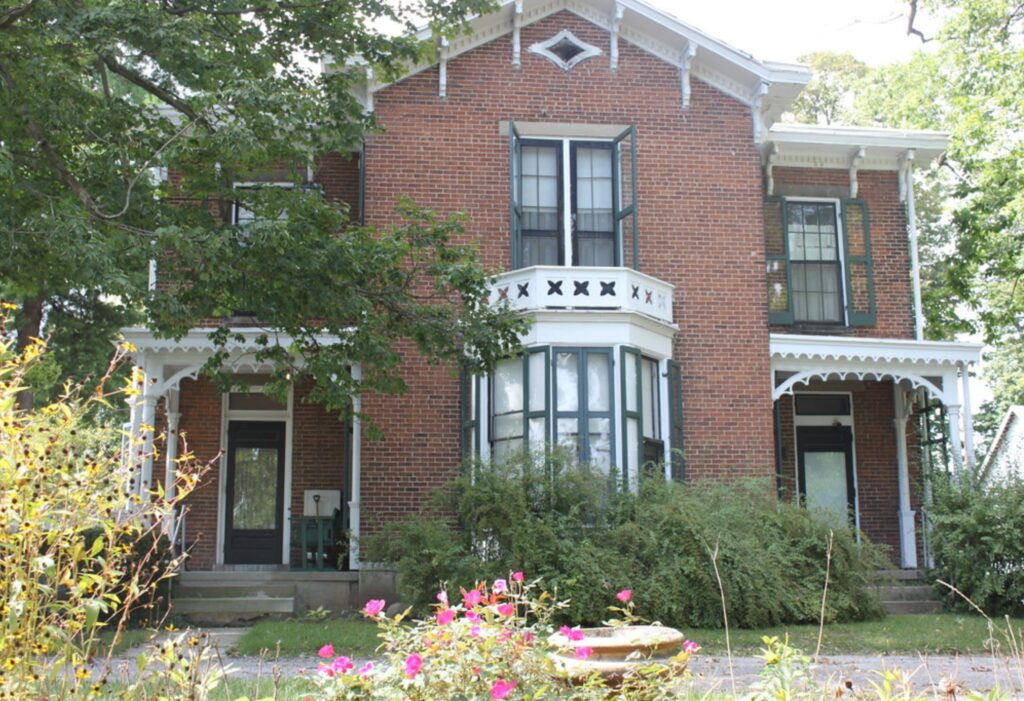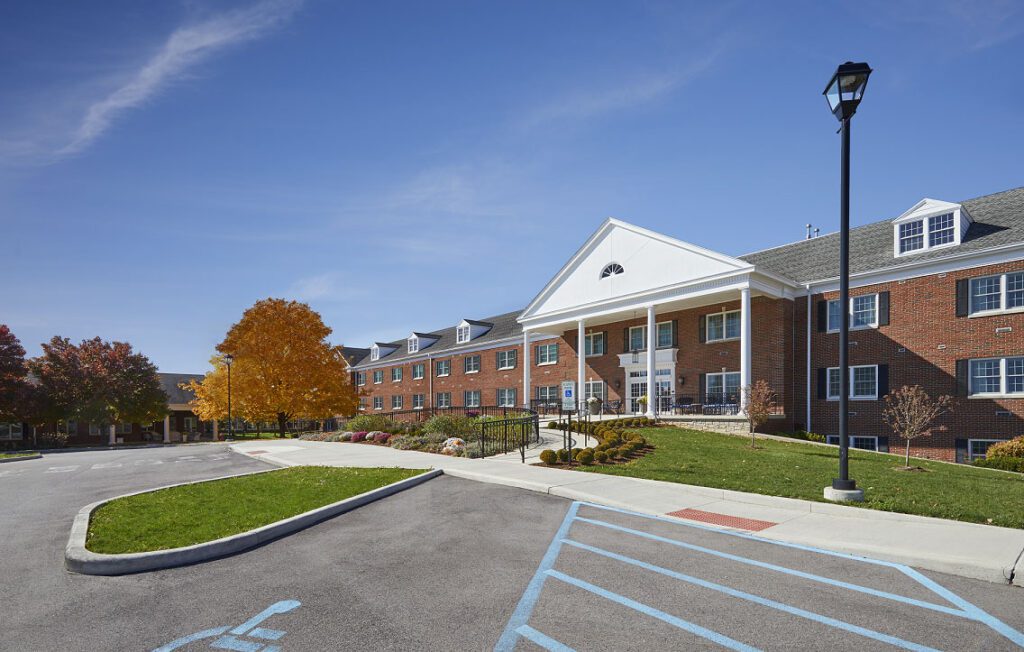Quakers of Wayne County
Who are the Friends (Quakers)?
Quakers believe that God speaks to the heart and mind of every person. Equality is centrally important to Friends, who strive to address “that of God” in each person. Quaker worship and decision-making are both shaped by a common search for the Truth as revealed by the prompting of the Spirit. In practical terms, one result is that Quaker organizations make many of their decisions by a process of gradually discerning, as a community, what is the best decision for the entire group — in other words, by building consensus.
Another result of the Quaker belief in equality is that many Friends are active in social justice concerns, sharing the conviction that each of us is called to work for peace and understanding, treat all persons with respect regardless of differences, and discern the active presence of the Spirit at work in the world among us.
Some Quaker meetings worship in silence, with attenders providing “vocal ministry” as they are led by the Spirit. Others have pastors, and follow a programmed tradition similar to many Protestant Christian denominations. In either case, Friends believe that each person is called to be a minister to others.
Local history
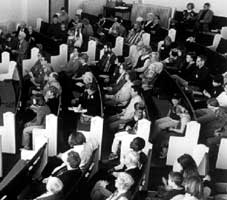
From pioneer days to the present, the Richmond and Wayne County, Indiana area has been an important national and international center for Quaker activities and institutions. Most of the early settlers in the area were Friends, who began arriving in the early 1800s, drawn west by the prospect of inexpensive, fertile farmland and the opportunity to escape the slave-owning culture of the South. Among Friends’ first contributions to the area was a boarding school for high-school aged children that would later become a nationally ranked liberal arts institution, Earlham College.
Prior to and during the Civil War, local Quakers expressed their opposition to slavery in various ways, with many becoming actively involved in the Underground Railroad that helped escaped slaves travel to freedom. Differences over how to express opposition to slavery, over theology, and over how to respond to revival movements sweeping the Midwest in the 1800s challenged the unity of Friends and led to some organizational divisions still reflected in the diversity of Quaker worship practices today.
In 1887, an important conference was held in Richmond: Quakers from North America and England gathered to create a statement of faith and practice as a basis for unity. The document they created, “The Richmond Declaration,” is still in use today by many Friends groups. Later conferences led to the creation in 1902 of a national and international association of Quakers which is known today as Friends United Meeting (FUM). FUM offices are presently located at Quaker Hill in Richmond.
Quaker Hill was also the site of a national meeting of Friends in 1943 when it was decided to create the Friends Committee on National Legislation (FCNL), the first registered religious lobbying organization in Washington, DC and a continuing focal point for many Quakers striving to bring Friends testimonies including peace, equality, justice, and concern for community to bear on national legislation. Friends today are still making history in Richmond and Wayne County through their centers of worship and social outreach, their educational institutions, and their individual and collective participation in community life.
Historical places of interest
Quakers in Richmond and Wayne County use a variety of worship styles reflecting both historical practices and contemporary Christianity. Visitors are always welcome. Some congregations worship out of silence with members and attenders speaking as they are led by the Spirit, while others, known as “programmed Friends,” choose to worship with hymns, scripture readings, a prepared message from a pastor, and other elements familiar to many contemporary Christians. Many worship services combine elements of both traditions.
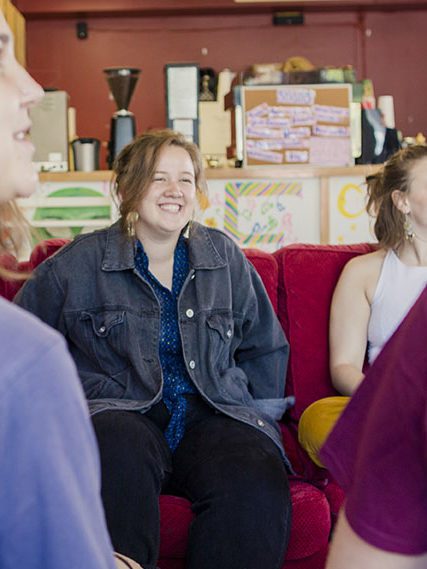
Did you know?
- The first pioneers to settle the Richmond area in the early 1800s were Quakers. The town was incorporated in 1818 on the land of Quakers John Smith and Jeremiah Cox.
- Earlham College was founded by Quakers in 1847. Today it is among the handful of nationally ranked liberal arts colleges retaining a strong religious identity. The Earlham School of Religion (ESR) is the oldest and first accredited Friends theological seminary.
- Early Richmond resident Robert Morrisson, a Quaker merchant and banker, became one of the town’s greatest benefactors when he built and stocked a library in 1864, the precursor to today’s Morrisson-Reeves Library.
- Underground Railroad stops were often located in Quaker homes. North of Richmond, Quakers Levi and “Aunt Katie” Coffin resided in the “Grand Central Station of the Underground Railroad,” so called because three lines of escape converged at their home.
- Friends in Richmond have built close relationships with other faiths. Beth Boruk Temple met at First Friends Meetinghouse during the early 1960s until they had assembled the resources to build their own synagogue. In a recent reciprocal gesture, Beth Boruk invited First Friends to worship in their synagogue while the new First Friends Meetinghouse was constructed.
- Quaker author Phil Gulley has earned recognition for his Front Porch Tales, a book begun while a writing student at the Earlham School of Religion (ESR).
- Earlham College students provide more than 23,000 hours of service each year to the Richmond and Wayne County community in sites as diverse as the Richmond Community Schools, Habitat for Humanity, and Adult Daycare.
- Today there are nine Friends Meetings and more than 700 Quakers in Wayne County.
More information and resources
The Office of Religious Life supports and encourages students by providing guidance in contemplative inquiry, opportunities for dialogue, sponsoring celebratory communal events, and supporting opportunities that enable students to put their most cherished beliefs into daily practice.
